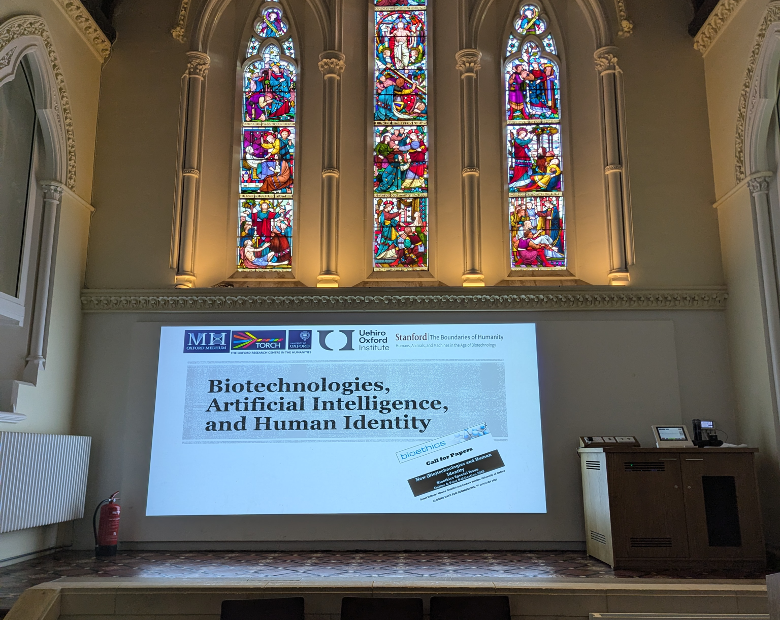Alberto Giubilini
“Enough manipulation of the definition of man, and freedom can be made to mean whatever the manipulator wishes”
(Isaiah Berlin, Two Concepts of Liberty, 1958)
The UK Prime Minister has announced his plan to ban the sale of tobacco products to young generations in England. Smoking will be phased out by progressively increasing the legal age for buying tobacco every year. Assuming the plan is effective and does not simply open the door to a black market, young generations in England will be prevented from starting to smoke. According to the Prime Minister, “this measure will be the single biggest intervention in public health in a generation.”
It is hardly necessary to provide figures about the risks of smoking. Lighting up that first cigarette is one of the most unhealthy choices one could ever make. In fact, it is a decision many regret later in life. The question is: to what extent is a government justified in preventing competent individuals from making unhealthy decisions for themselves?
Read More »The Language of Freedom in Public Health: the Case of the Smoking Ban







